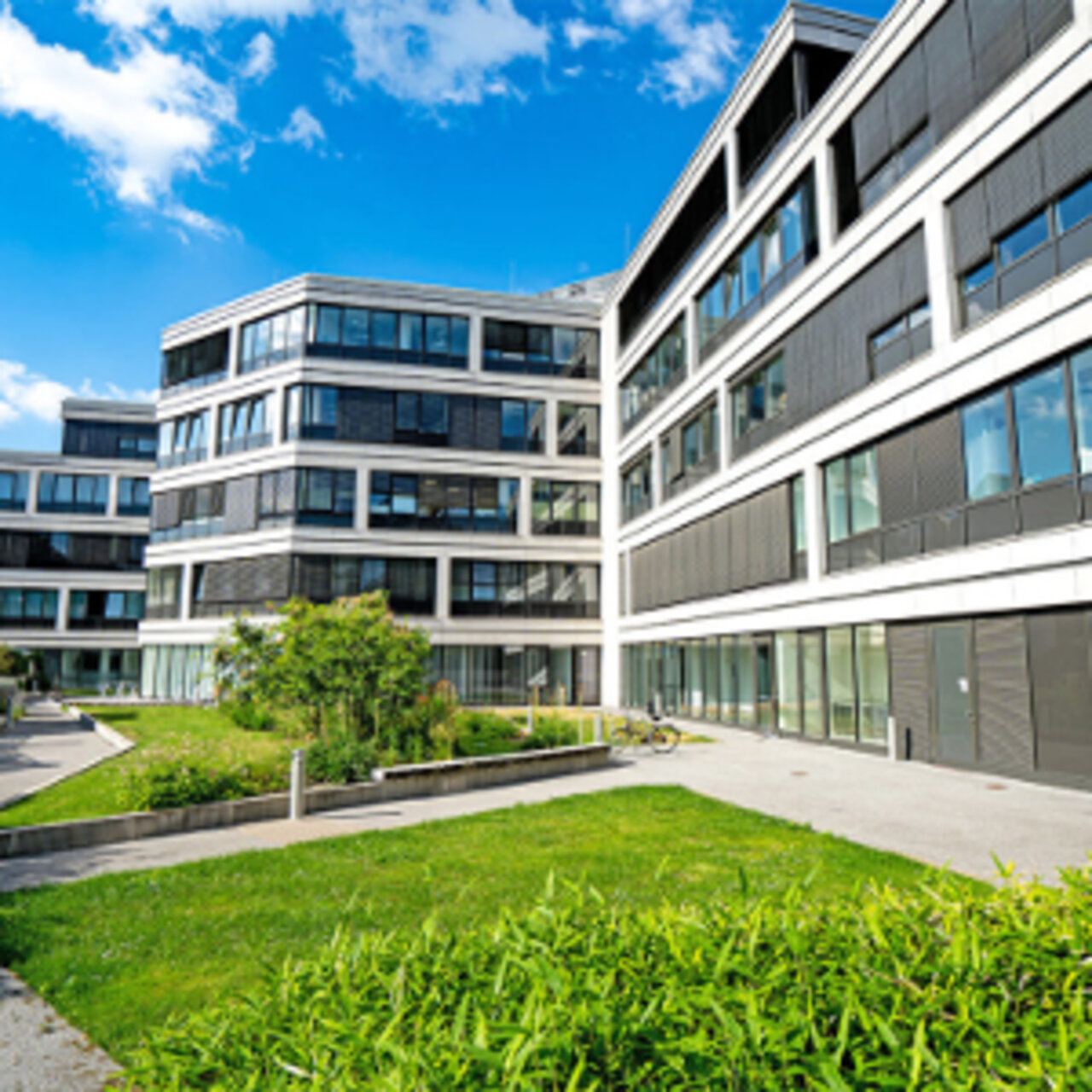Specialists in Amyotrophic lateral sclerosis
2 Specialists found
Information About the Field of Amyotrophic lateral sclerosis
What is ALS?
Amyotrophic lateral sclerosis is a rare disease of the nervous system. In ALS, nerve cells in the brain or spinal cord responsible for motor functions gradually degenerate. The resulting muscle weakness and paralysis initially restrict normal life, but as the disease progresses, make independent living impossible.
People between 50 and 70 years of age are affected (men more frequently than women). In rare cases, amyotrophic lateral sclerosis also manifests itself at a considerably younger age. After a few years, ALS patients mostly die as a result of the respiratory problems. To date, amyotrophic lateral sclerosis is not curable.
What are the causes of amyotrophic lateral sclerosis?
Currently, various factors are in the focus of science as possible triggers of amyotrophic lateral sclerosis. About 10% are caused by an inherited gene mutation. The other 90% are so far unclear. Possibly, deposits of proteins or the calcium level in the brain may play a role.
ALS symptoms and course
Depending on the location of the nerve disorder (brain or spinal cord), the symptoms may be expressed in different ways. Muscle spasticity (tense muscles) or flaccid muscle paralysis can be the consequence.
In many patients, the illness starts in one arm or hand and sometimes the swallowing mechanism is affected first. In the course of the disease, which is accompanied by progressive death of the nerves (which supply the muscles), there are more and more difficulties with speaking, swallowing, walking and coordination. The outcome is generalized muscle wasting.
In the region of the lungs, this is particularly problematic.Since the respiratory musculature is also disturbed, breathing can become significantly more difficult or no longer possible on one's own as amyotrophic lateral sclerosis progresses.
Frequently, simultaneous pneumonia due to food that has entered the lungs is the result of the swallowing disorder. In rare cases, amyotrophic lateral sclerosis may occur in combination with dementia and Parkinson's disease.
What are the diagnostic tools?
The neurologist can typically detect suspicious muscle tremors, paralysis or cramping just by looking at the affected person. In order to rule out other nerve disorders and to confirm the diagnosis of amyotrophic lateral sclerosis, various measurements of muscle and nerve conductivity are required (electromyography/neurography). A cerebrospinal fluid analysis or a magnetic resonance tomography of the head also provide conclusions about the character of the disease.
How is amyotrophic lateral sclerosis treated?
The treatment of amyotrophic lateral sclerosis requires proper interdisciplinary medical cooperation. It is often necessary to be treated by neurologists, internists (specialist in internal medicine), pulmonologists (specialist in lung medicine) and psychologists for appropriate therapy. Because there is no causal treatment for amyotrophic lateral sclerosis, effective management of symptoms is of tremendous importance.
To relieve the symptoms and prevent possible complications, individualized physiotherapy and speech therapy are provided for ALS patients to learn proper speech and swallowing techniques. This is particularly beneficial for preventing accidental swallowing of food. Furthermore, the specialist can prescribe a range of medications to alleviate muscle spasms and inhibit the production of saliva.
If amyotrophic lateral sclerosis further progresses, a feeding tube is advisable in many cases. This allows food to be delivered directly to the stomach via a tube, thus avoiding the swallowing process.
To improve respiratory difficulties, non-invasive ventilatory support can be provided via a respiratory mask. Alternatively, machine ventilation via a tracheostoma (approach via tracheotomy) is available. Either method is helpful in cases of restricted lung function and improves oxygen deficit and symptoms of respiratory distress. A detailed explanation of the different options is carried out by an experienced pulmonologist (lung specialist).
In advanced stages, it becomes more and more difficult for patients to communicate. Computer systems that are navigated with the finger or eye movements can help this group of patients. Given that amyotrophic lateral sclerosis causes a great amount of mental burden, regular psychological counseling should be provided to support the patient.
ALS prognosis
There is no cure for amyotrophic lateral sclerosis to date. Progressive paralysis of the muscles, especially the respiratory muscles, mostly leads to death within a few years of the onset of the disease. The goal of modern medicine is to alleviate the symptoms of patients and to improve their quality of life.

